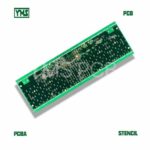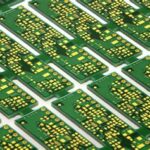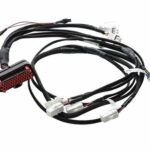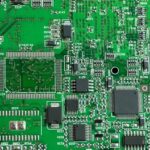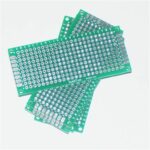Introduction
Computer Numerical Control (CNC) machining is a highly versatile manufacturing process that allows for precise and efficient shaping of various materials, including plastics. Plastic materials have gained significant popularity in CNC machining due to their lightweight, durable, and cost-effective properties. In this comprehensive article, we will explore the commonly used plastic materials for CNC machining, their characteristics, applications, and the factors that influence material selection.
Types of Plastic Materials for CNC Machining
Plastics are a broad category of synthetic or semi-synthetic materials that can be classified based on their chemical composition, physical properties, and manufacturing processes. Here are some of the most commonly used plastic materials for CNC machining:
1. Acrylic (Polymethyl Methacrylate, PMMA)
Acrylic, also known as Plexiglas or Lucite, is a transparent thermoplastic material renowned for its exceptional clarity and weather resistance. It is widely used in applications such as signage, displays, and light fixtures.
Advantages of Acrylic
- High optical clarity
- Excellent weather resistance
- Easy to machine and fabricate
- Good impact strength
- Wide range of available colors
Typical Applications
- Signs and displays
- Architectural glazing
- Lighting fixtures
- Aquariums and enclosures
2. Polycarbonate (PC)
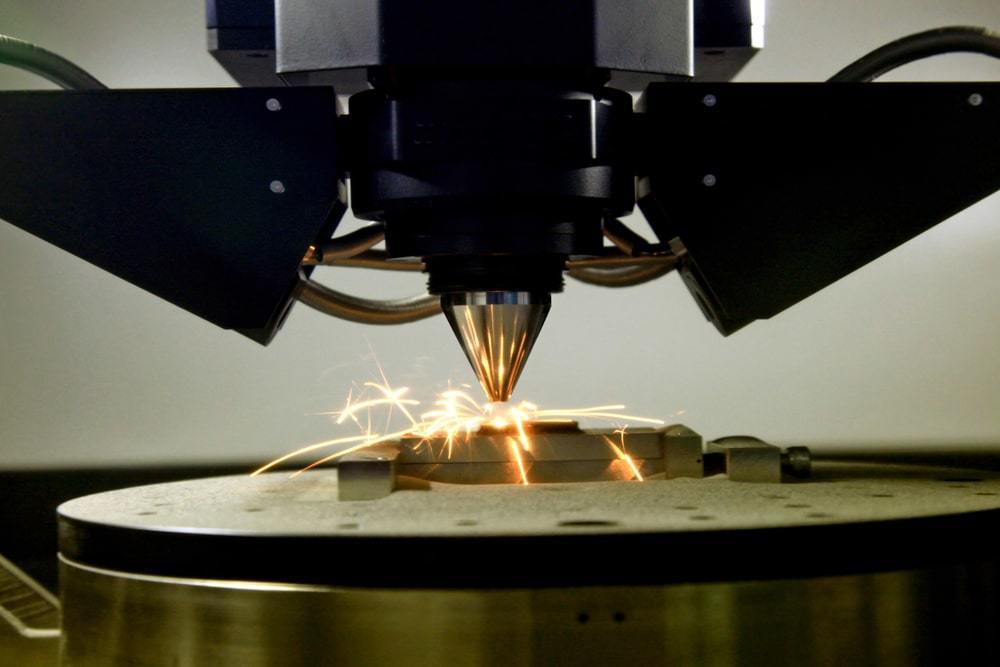
Polycarbonate is a tough and durable thermoplastic material known for its high impact resistance and heat resistance. It is frequently used in applications requiring strength and transparency.
Advantages of Polycarbonate
- High impact resistance
- Excellent heat resistance
- Good optical clarity
- Dimensionally stable
- Easy to machine and fabricate
Typical Applications
- Safety glasses and visors
- Automotive components
- Electronic housings
- Medical devices
3. Polyvinyl Chloride (PVC)
PVC is a versatile and cost-effective thermoplastic material widely used in various applications, including construction, plumbing, and consumer products.
Advantages of PVC
- Low cost
- Good chemical resistance
- Easy to machine and fabricate
- Wide range of available colors and finishes
Typical Applications
- Pipes and fittings
- Window frames
- Flooring
- Electrical conduits
4. Nylon (Polyamide)
Nylon, a type of polyamide, is a strong and durable thermoplastic material known for its high strength-to-weight ratio and resistance to wear and abrasion.
Advantages of Nylon
- High strength and toughness
- Excellent wear resistance
- Low coefficient of friction
- Good chemical resistance
Typical Applications
- Gears and bearings
- Bushings and wear pads
- Conveyor components
- Automotive parts
5. Polyethylene (PE)
Polyethylene is a lightweight and versatile thermoplastic material available in various densities, including low-density (LDPE) and high-density (HDPE) varieties.
Advantages of Polyethylene
- Low cost
- Chemical resistance
- Excellent moisture barrier properties
- Easy to machine and fabricate
Typical Applications
- Containers and bottles
- Plastic bags
- Protective sheets and films
- Piping and tubing
6. Acrylonitrile Butadiene Styrene (ABS)
ABS is a thermoplastic polymer known for its excellent impact resistance, rigidity, and ease of processing.
Advantages of ABS
- High impact strength
- Good dimensional stability
- Easy to machine and fabricate
- Wide range of available colors
Typical Applications
- Automotive components
- Consumer electronics housings
- Toys and recreational equipment
- Prototyping and modeling
Factors Influencing Material Selection
When selecting the appropriate plastic material for CNC machining, several factors should be considered:
1. Material Properties
- Strength and durability
- Thermal resistance
- Chemical resistance
- Optical clarity
- Surface finish
2. Application Requirements
- Operating environment
- Load and stress conditions
- Aesthetic considerations
- Regulatory compliance
3. Cost and Availability
- Raw material cost
- Manufacturing cost
- Supply chain and lead times
4. Machinability
- Ease of cutting and finishing
- Tool wear and lifespan
- Chip formation and evacuation
5. Environmental Impact
- Recyclability
- Sustainability
- Carbon footprint
Frequently Asked Questions (FAQs)
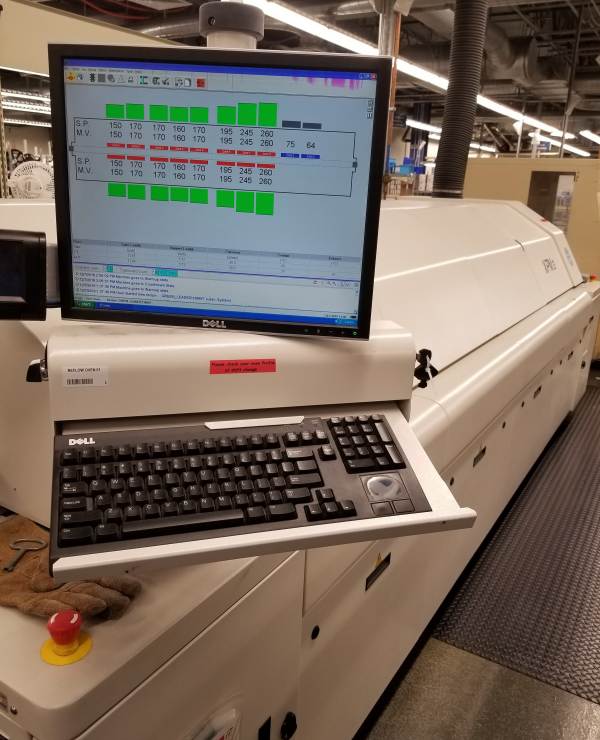
1. What is the difference between thermoplastic and thermoset plastics?
Thermoplastic plastics can be melted and reshaped multiple times upon heating, while thermoset plastics undergo a chemical change during the curing process, making them unable to be reshaped or melted once cured.
2. Can all plastic materials be used for CNC machining?
No, not all plastic materials are suitable for CNC machining. Materials with high flexibility or those that tend to melt or deform under the heat and pressure generated during machining may not be suitable for CNC machining.
3. What are the advantages of using plastic materials in CNC machining?
Some advantages of using plastic materials in CNC machining include lightweight, corrosion resistance, ease of fabrication, cost-effectiveness, and the ability to produce complex geometries with tight tolerances.
4. How do I determine the best plastic material for my application?
To determine the best plastic material for your application, you should consider factors such as the required mechanical properties, operating environment, cost, availability, and machinability. Consulting with material suppliers or experienced CNC machinists can also help in making an informed decision.
5. Can plastic materials be combined or reinforced for CNC machining?
Yes, plastic materials can be combined or reinforced with other materials, such as glass fibers or carbon fibers, to enhance their properties and performance for specific applications. These composite materials can offer improved strength, stiffness, and dimensional stability.
Conclusion
CNC machining of plastic materials offers numerous advantages, including precision, efficiency, and versatility in producing a wide range of components and products. By understanding the characteristics and properties of commonly used plastic materials, manufacturers can make informed decisions in selecting the most appropriate material for their specific applications. Factors such as material properties, application requirements, cost, machinability, and environmental impact should be carefully considered to ensure optimal performance and cost-effectiveness. As technology continues to evolve, the range of plastic materials suitable for CNC machining is likely to expand, providing even more opportunities for innovative and efficient manufacturing solutions.

